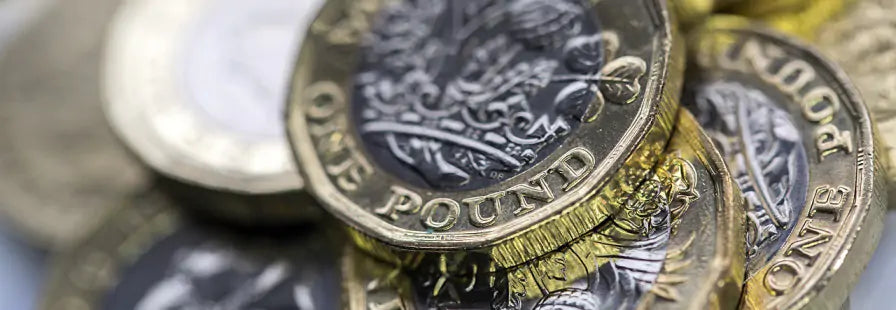Why not add these to compliment your wheelie bins?
Your basket is currently empty.
Shop NowWe guarantee to have the lowest price! Find the same bin for a cheaper price and we will beat it!

Wales looks set to join Scotland by introducing measures to tackle the problem of plastic in our oceans. The government are considering a deposit return scheme, and it could be introduced early next year. Also up for discussion is imposing a ‘plastic tax’ on manufacturers, which would aim to force producers of plastics to take a hard look at what they are making and whether the design or manufacturing process could be made more sustainable.
What would a deposit return scheme involve?
Customers would pay a little extra when they purchase drinks in plastic bottles, for example 10-15p, then they would get the money back when they return the empty bottle.
Wales hopes to copy other successful schemes
The introduction of a deposit return scheme in Norway has led to a huge 96% of bottles being returned. Supermarkets in Scandinavia and Germany have reverse vending machines where customers can take their empties, then they are given a token that they can redeem at the checkout. This scheme, plus a similar scheme in Germany, formed the basis of a case study that the Scottish government carried out as they considered introducing deposit return, and it has inspired the Welsh government too.
Support for a scheme
The Scottish government has indicated that they are set to introduce a deposit return scheme, however, ministers in England have not committed to any plans. Many MPs, especially those with seaside constituencies, support a deposit return scheme as it will be key to reducing beach and ocean pollution.
The extent of the ocean plastic problem
The RSPCA say they are regularly called out to deal with injured birds and seals that have ingested, or become entangled in, plastic litter. Animals can even wash up in unfamiliar territories after being carried along on debris and buoys.
When they recently completed a clean-up of the coast in North Yorkshire, the RSPCA removed plastic bags, fishing nets, and even a wheelie bin from the water. They completed the clean-up in an attempt to encourage people to dispose of their litter properly so it doesn’t end up in our waters, damaging the environment and harming wildlife.
The University of Plymouth completed a study that found that more than 1 in 3 fish in the English Channel had plastic particles in their bodies.
Another study carried out by the University of Exeter found that a huge range of marine life from mussels to crabs had microplastics in their bodies.